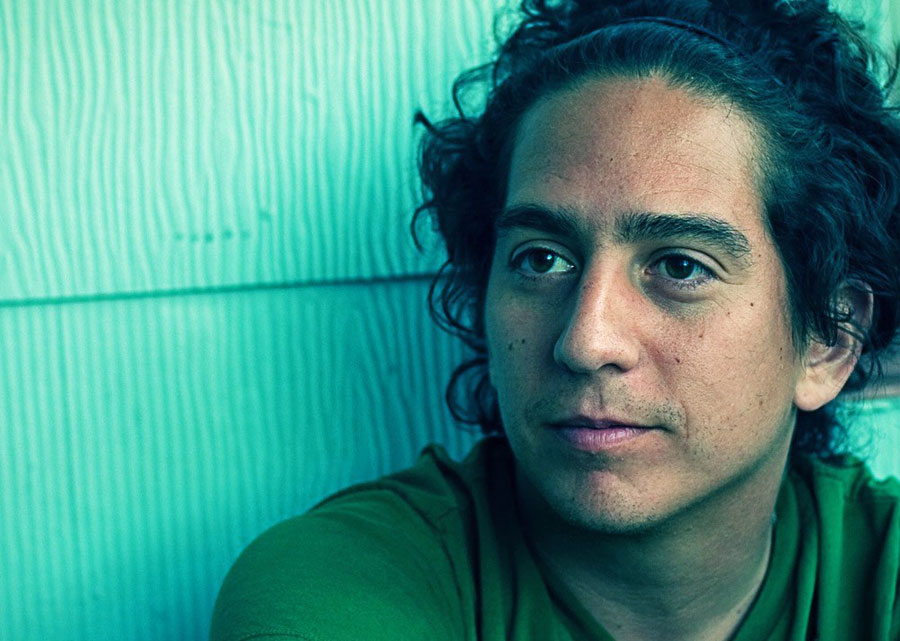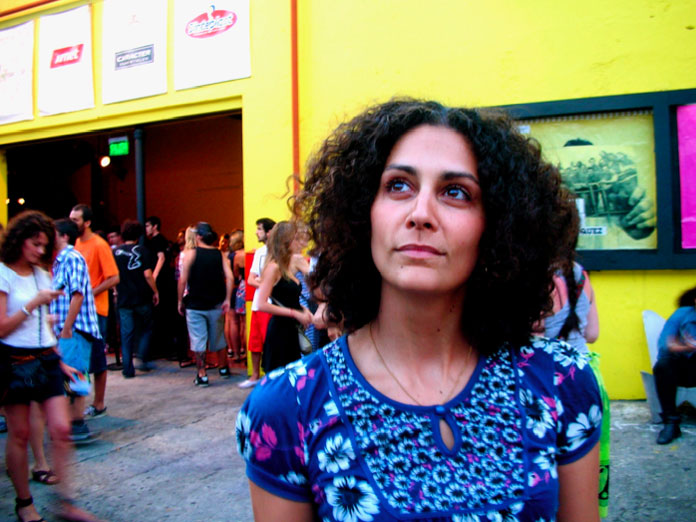Radio Ambulante
The new Spanish show that is overhauling Latin-American radio


In just a year Radio Ambulante went from being simply an idea of acclaimed Peruvian author Daniel Alarcón and cross-cultural consultant Carolina Guerrero, to a distinct program that broadcasts surprising and engaging stories for Spanish-language listeners around the world. To glean more insight about their thought-provoking podcast, we check in with Alarcón, who tells us about teaching their audience how to listen, their upcoming benefit and how they envision Radio Ambulante in the future.

Radio Ambulante seems to aim at finding human stories within the Latin communities throughout the U.S. and Latin America. What model does the program follow?
I suppose the most obvious reference is “This American Life”. Ira [Glass] and his amazing team had a real challenge when they began, and that was teaching their potential audience how to listen to the show. How to appreciate its aesthetic. I think we’re facing something similar. Because there is no program like ours in Spanish, we’ve had to do a lot of educating. What is narrative radio, what is an audio story, what is Radio Ambulante if it isn’t news?
We have an advantage, however, and that has to do with the technology available now. It’s our aim to be on terrestrial radio, of course, but even before we get that airtime we can begin to create an audience. It doesn’t have to be big in any one place — we can aggregate lots of small audiences all over the world and get the kind of listenership we want. We’re not there yet, but with visits from over 100 countries, I do feel like we’re on our way.

Now that the program is beginning to grow, what do you hope it will become?
I think everyone on the team is ambitious and hopeful. A project like Radio Ambulante has tremendous potential for growth for a variety of reasons. There’s the technology I mentioned earlier, but there’s also a related cultural shift that I think we’re a part of. There’s more and easier conversation now between Latin America countries; and for US Latinos, it’s much easier to stay in touch with your country of origin than it was twenty years ago. Folks are more connected than ever; 2nd generation Latinos are more likely to keep their Spanish. So we have the opportunity to use radio, a medium that is very dear to the Latino community, to tell stories that are moving, funny, dramatic, compelling; stories that cover the diversity and breadth of the Latino and Latin American experience, without falling into stereotypes or cliches. We can tell these stories clearly, honestly, from the inside. And we can share those stories everywhere Spanish is spoken and understood. The potential for growth is nearly infinite. There are audiences in every American city, and all over Latin America, audiences that are curious, engaged, worldly, and eager to hear stories that connect them not just to their own countries, but to a broader, regional identity. We want to help drive that cultural conversation.

You have gathered the support of influential people such as Dave Eggers, Junot Diaz and Francisco Goldman. Can you tell me about the benefit that you are planning this February?
It’s going to be a great show. We’re going to have Junot and Francisco open the show in a moderated discussion about Latin American storytelling, the oral tradition, the influence of storytellers on their own work, etc. It’ll be (I’m sure) entertaining, funny, incisive, just like the work of these two fine writers. Then we’ll transition to a live performance—featuring some of our best pieces read and mixed live. All translated. There’ll be a reception afterwards. The goal is to present our work in front of this new audience, introduce ourselves to listeners and supporters, and hopefully raise money to support the second season. We have 30 stories in the works, from over a dozen countries, stories about human trafficking, about telenovela stars in decline, about wanna-be superheroes, invasive species, the drug war, prostitution syndicates, the fight over natural resources—and none of that comes cheap. This benefit is key to making those stories a reality. And every ticket purchase is tax-deductible, of course.
Images courtesy of Radio Ambulante












